UN expert criticizes Uzbekistan's urban planning for lack of public participation and legal protections
Unprecedented urban renewal projects are being implemented in Uzbekistan, sometimes involving the demolition of entire neighborhoods. These actions often occur without sufficient legal basis, said the UN Special Rapporteur on the right to adequate housing following his visit to the country.
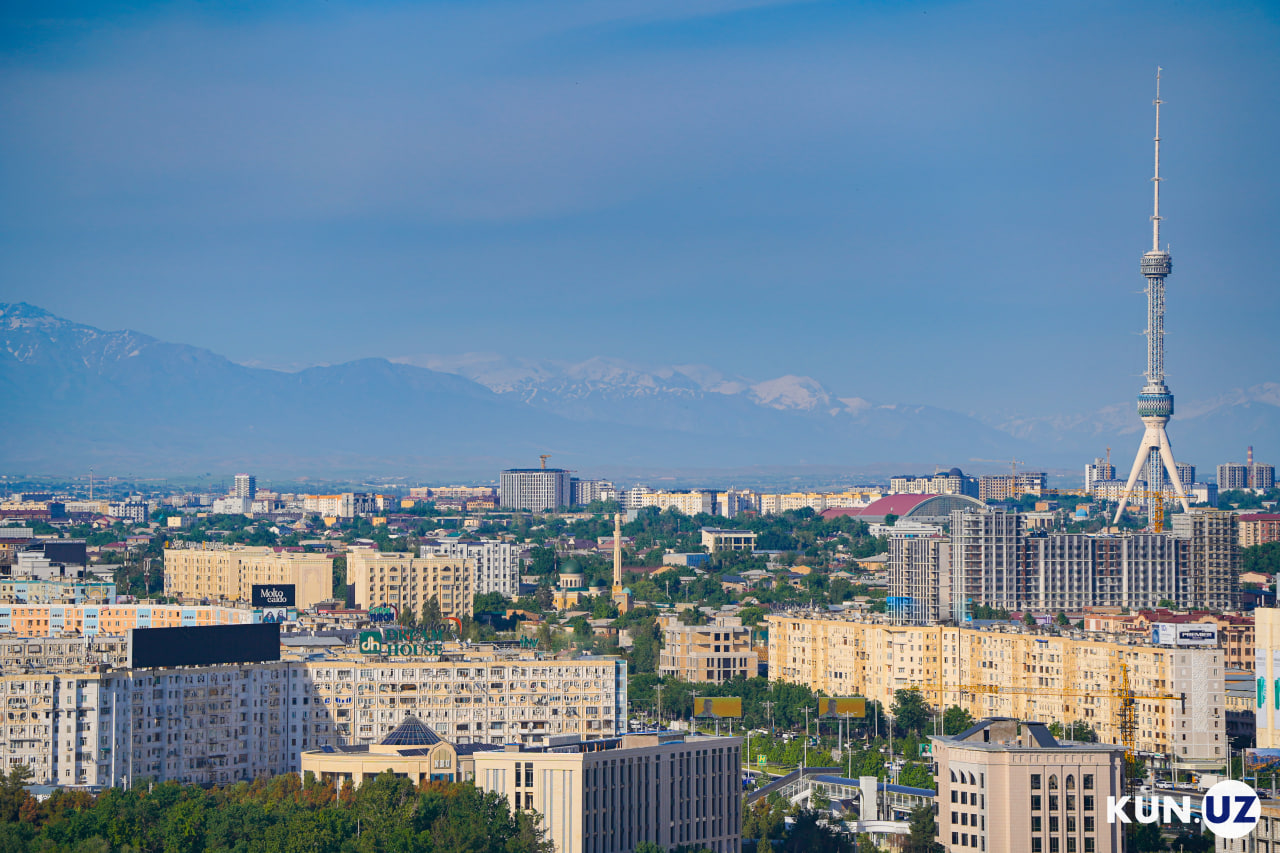
Photo: Kun.uz
Balakrishnan Rajagopal, the UN Special Rapporteur on the right to adequate housing, spoke with journalists in Tashkent on Friday, August 30, at the conclusion of his visit to Uzbekistan, which took place from August 19 to 30, according to a report by "Gazeta.uz."
During his trip, the Special Rapporteur visited Tashkent, Jizzakh, Zomin, Syrdarya, Samarkand, and Bukhara. He met with the Secretary of the Security Council, two Deputy Prime Ministers, government members, senators and deputies of the Oliy Majlis, ombudsmen, judges, and representatives of complaint handling bodies.
"I am grateful for the opportunity to engage with representatives of civil society, lawyers, bloggers, victims of forced evictions, and women and children who were forced to leave their homes due to natural disasters and domestic violence. I express my gratitude to everyone who shared information with me," said Balakrishnan Rajagopal.
The Special Rapporteur emphasized the significant gap between the protection of housing rights in law and their actual protection in daily life.
Balakrishnan Rajagopal praised the adoption of several new laws in Uzbekistan in recent years, including the new Constitution, aimed at improving legal protection against arbitrary home seizures and demolitions, as well as ensuring participation in urban planning.
"However, these laws are often not respected in practice due to a lack of awareness about them, implementation deficiencies, and legal violations, particularly in the construction sector," the Special Rapporteur said.
The expert noted that unprecedented large-scale urban renewal projects are being carried out in Uzbekistan, often involving the demolition of entire neighborhoods and the relocation of people to make way for new cities. However, many of these measures are being implemented without sufficient legal basis in urban planning.
Urban planning and renewal decisions do not take into account meaningful public participation, including that of those affected by these decisions, he stated.
"The independence of the judiciary remains problematic. Most court cases between developers and residents appear to be decided in favor of developers," said the UN Special Rapporteur. He added that non-judicial complaint mechanisms often fail to provide effective and timely compensation.
The expert also noted that compensation for seized housing is often insufficient, delayed, or not paid at all.
Some demolitions and relocations are carried out brutally, with homeowners being forced to leave their homes due to dangerous construction activities nearby, or due to disruptions in water and gas supplies, the UN Special Rapporteur noted. Additionally, when relocated residents are offered new housing, it is often in newly built residential buildings on the outskirts of cities.
"Demolitions and forced relocations are even taking place in protected cultural heritage zones such as Samarkand and Bukhara," said Balakrishnan Rajagopal. As preparations are being made for the UNESCO General Assembly to be held in Samarkand in 2025, he called on UNESCO to take the necessary measures to ensure that the right to adequate housing is fully protected.
The Special Rapporteur also expressed concern that victims of forced evictions, human rights defenders reporting on the right to adequate housing, and at least one case involving lawyers, bloggers, and journalists who reported on arbitrary demolitions were intimidated, prosecuted, or detained under dubious circumstances.
"I am encouraged by the ongoing reforms and the commitment of many leaders to protect human rights, including the right to adequate housing. There are often clear good intentions to address housing issues. However, it is time to move beyond good intentions; we need to see results, not just laws and plans on paper," said the UN Special Rapporteur.
Balakrishnan Rajagopal will present a detailed report on his visit to Uzbekistan to the UN Human Rights Council in March 2025.
It should be noted that on August 29, President Shavkat Mirziyoyev signed amendments to the Housing and Urban Planning Codes and other documents aimed at strengthening guarantees for the protection of private property and property owners' rights.
Related News
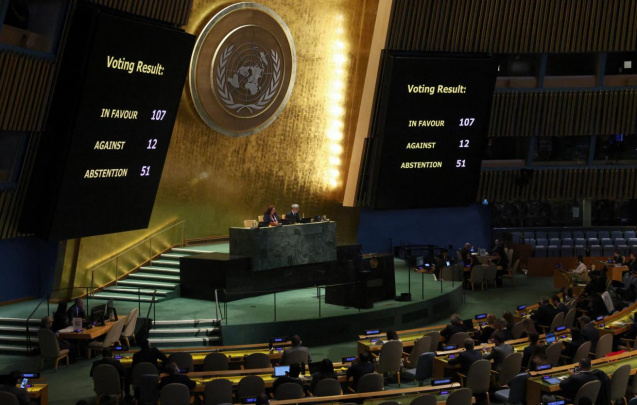
11:54 / 26.02.2026
Central Asian states abstain as UN General Assembly backs Ukraine resolution
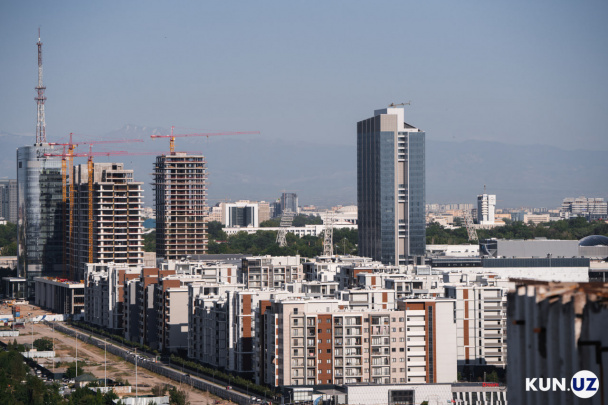
13:44 / 16.02.2026
Average rental price in Tashkent returns to 2023 peak – CERR
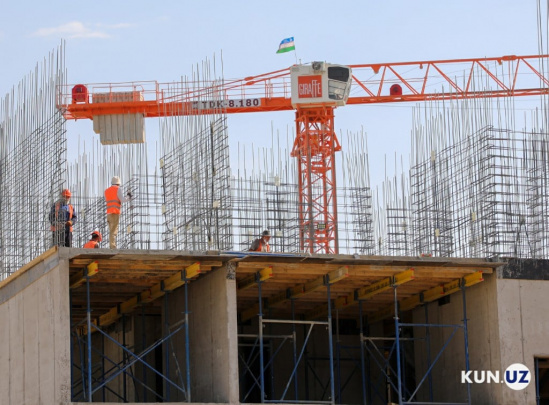
22:00 / 14.02.2026
Andijan region plans to cut housing project launch time to 30 days
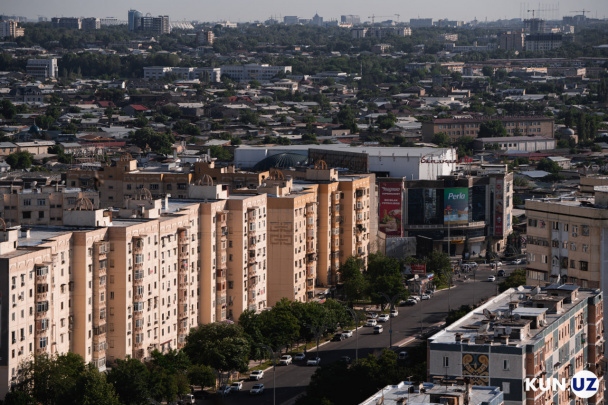
16:10 / 13.02.2026




